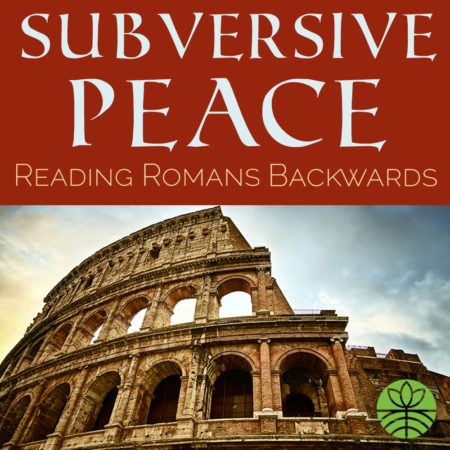In a time and place where the religion of Christianity no longer enjoys unrivaled social privilege and power, a lot of people are questioning fundamental Christian beliefs—including Christians. Many are calling this “deconstruction” and it has caused some to fear that Christian faith is under attack. However, deconstruction doesn’t have to feel threatening, because not…
Advent is a season of waiting; we wait for the coming of God. Our world is messed up and we are messed up. We lament our condition and long for God to set things right, to heal us and heal our world. So we pray and watch for signs of God’s presence. We do all…
Advent Conspiracy was founded on the radical idea that we can celebrate Christmas humbly, beautifully, and generously. Advent is the story of a wondrous moment when God entered our world to make things right. It is the greatest story ever told and it changes everything—including the way we celebrate Christmas. Worship Fully Nearly every character…
Romans isn’t a theoretical, systematic theology; it’s a letter written by the apostle Saul/Paul to a specific set of house churches in the city of Rome in the middle of the first century. Far too often, Romans has been taught as if its teaching can be abstracted from time and space. But that’s not how…
Come to me, all you who are weary and burdened, and I will give you rest. (Matthew 11.28) How are we to imagine accepting the rest Jesus offers in a fast-paced world filled with distractions and stress? “Time to Be Human” is a new teaching series on Sabbath, the ancient rhythm of life practiced by…






